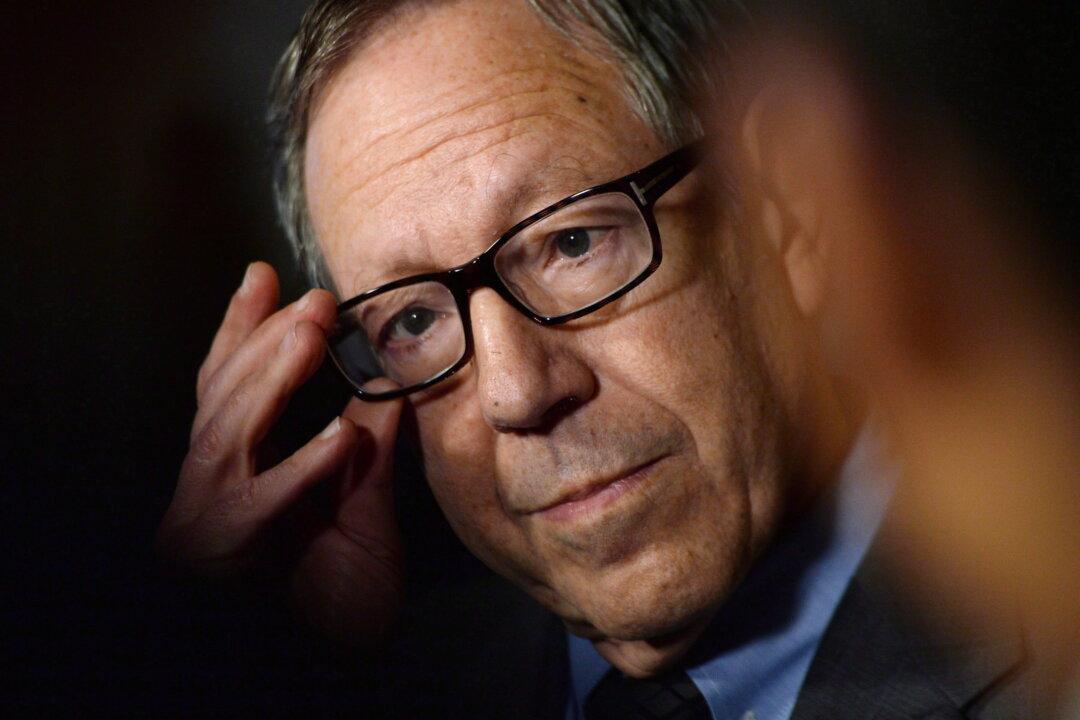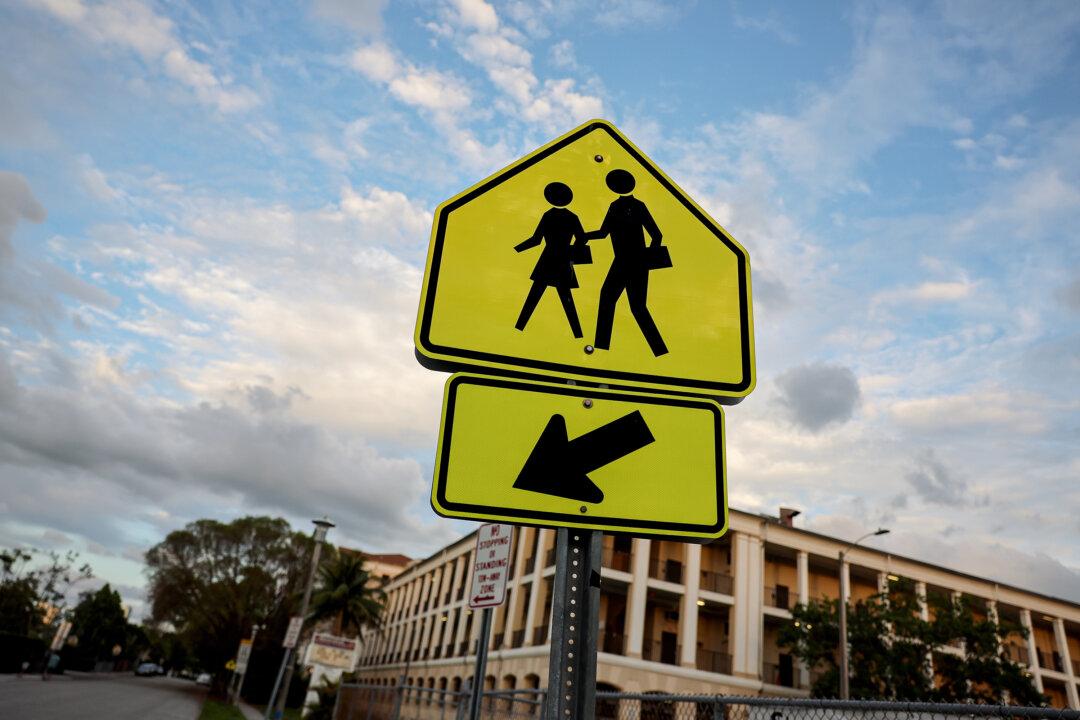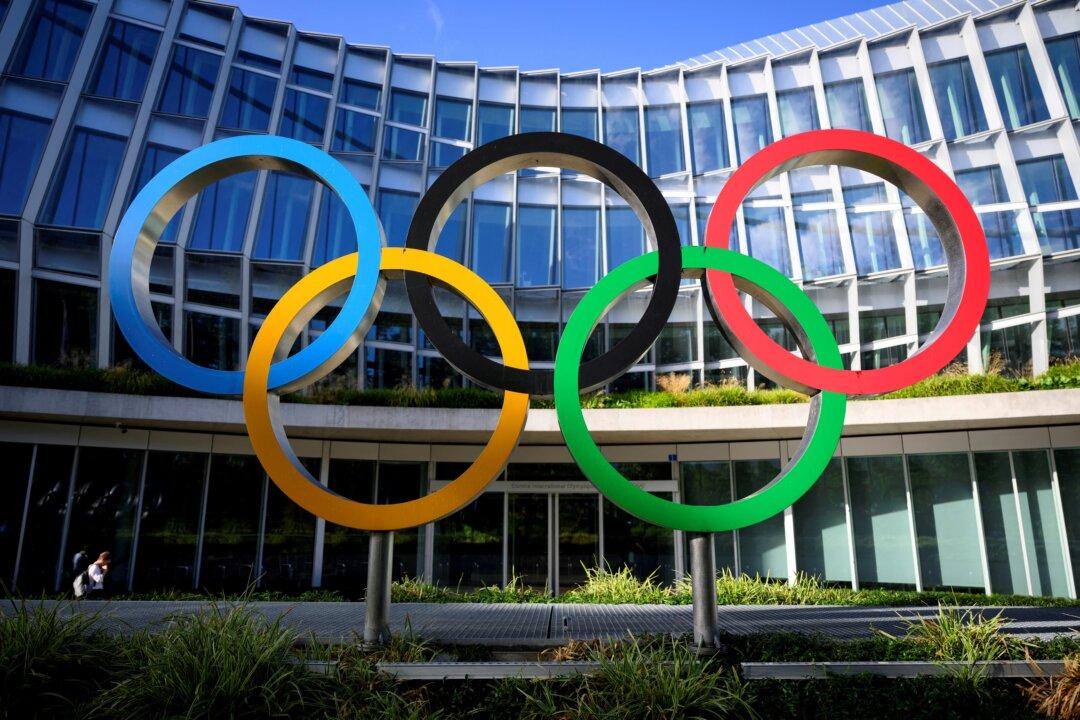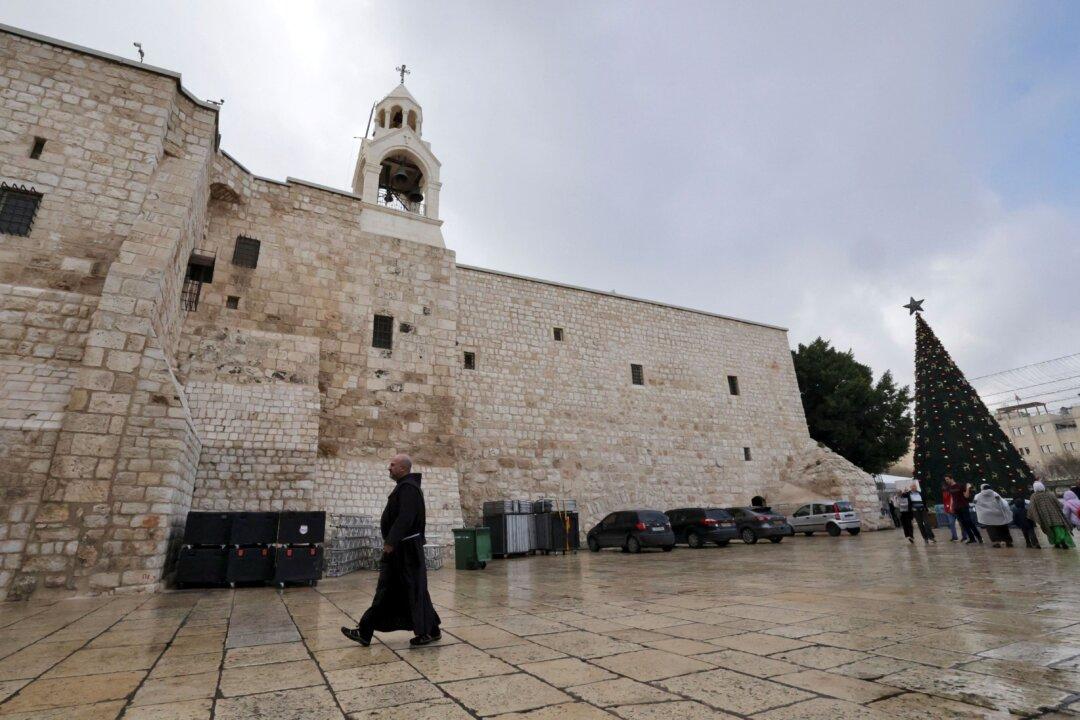Commentary
On January 27, 1945, the Auschwitz-Birkenau death camp, whose gas chambers claimed the lives of more than a million people, most of them Jews, was liberated. Never again, it was assumed. But, following the 2001 United Nations’ “anti-racist” conference that made “Durban” a metonym for orgiastic Jew hatred, right-thinking national and institutional leaders around the world recognized the need for a collaborative response to antisemitism’s contemporary, virulent iteration, one that puts the Jewish state, rather than race or religion, in its crosshairs.





